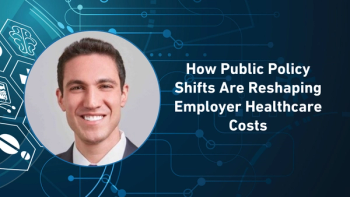
Medical cost trend will rise a relatively low 6.5% in 2014, says PwC's Healthcare Research Institute
Implications for pharma: get closer to providers and patients; do more to justify specialty drugs' cost
US healthcare is one of the few areas of economic activity where the focus is on minimizing the growth rate, rather than shrinking the actual cost. So, PricewaterhouseCooper’s HRI says that a medical cost trend (the cost of actually providing healthcare, as opposed to insuring for it) will rise “only” 6.5% in 2014, a full percentage point below the trend expected for 2013. The medical cost trend in turn will generate a growth rate averaging 4.5% in insurance premiums, after netting out benefit plan changes, says the Institute.
This relatively optimistic projection is being made in the face of the comprehensive implementation of the 2009 Affordable Care Act (“Obamacare”) and all the uncertainties that that engenders for providers, insurers and the deficit-constrained federal government, which will be providing insurance coverage for millions of new patients. Four factors will constrain cost growth: the growth of less-expensive retail clinics (as opposed to hospital-based care); employer-based healthcare-provider management; federal penalties for hospital readmissions; and high-deductible insurance plans from employers, which will constrain demand among covered lives.. Two factors will inflate costs: the reduced effect of generic substitution while non-substitutable biologic products continue to come onto the market; and consolidation among providers, making healthcare a less competitive regional market.
For the pharma industry, HRI suggests that closer coordination with insurers and providers (both of whom are looking for treatments that can lower overall healthcare costs) will be valued, and that companion diagnostics, which can focus expensive specialty treatments more on those that can best benefit from them, will be a boon. To the extent that consumers become more vested in the cost of their care, outreach to them will be important in acceptance of drug therapies.
The full report is available
Newsletter
Stay ahead in the life sciences industry with Pharmaceutical Commerce, the latest news, trends, and strategies in drug distribution, commercialization, and market access.




